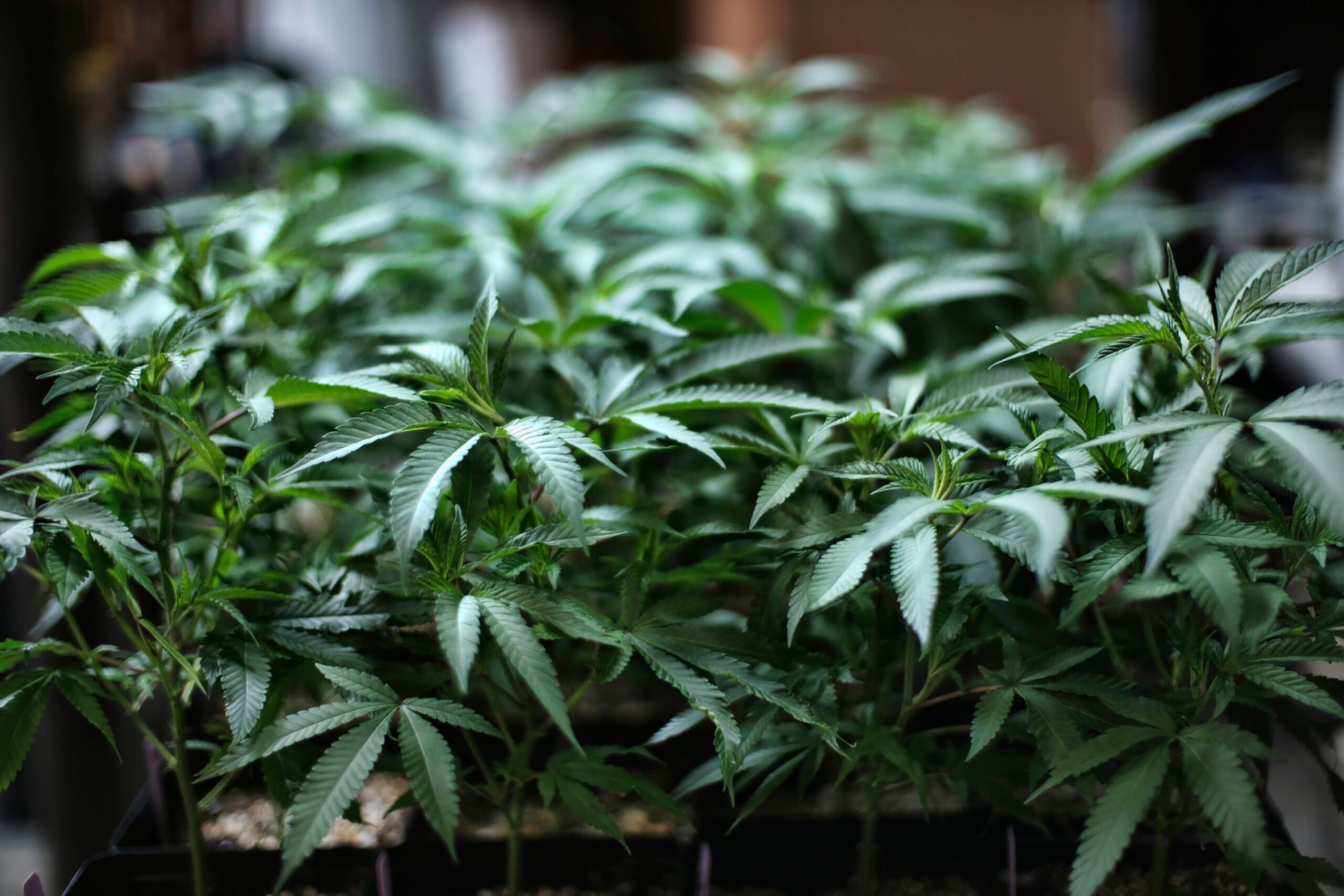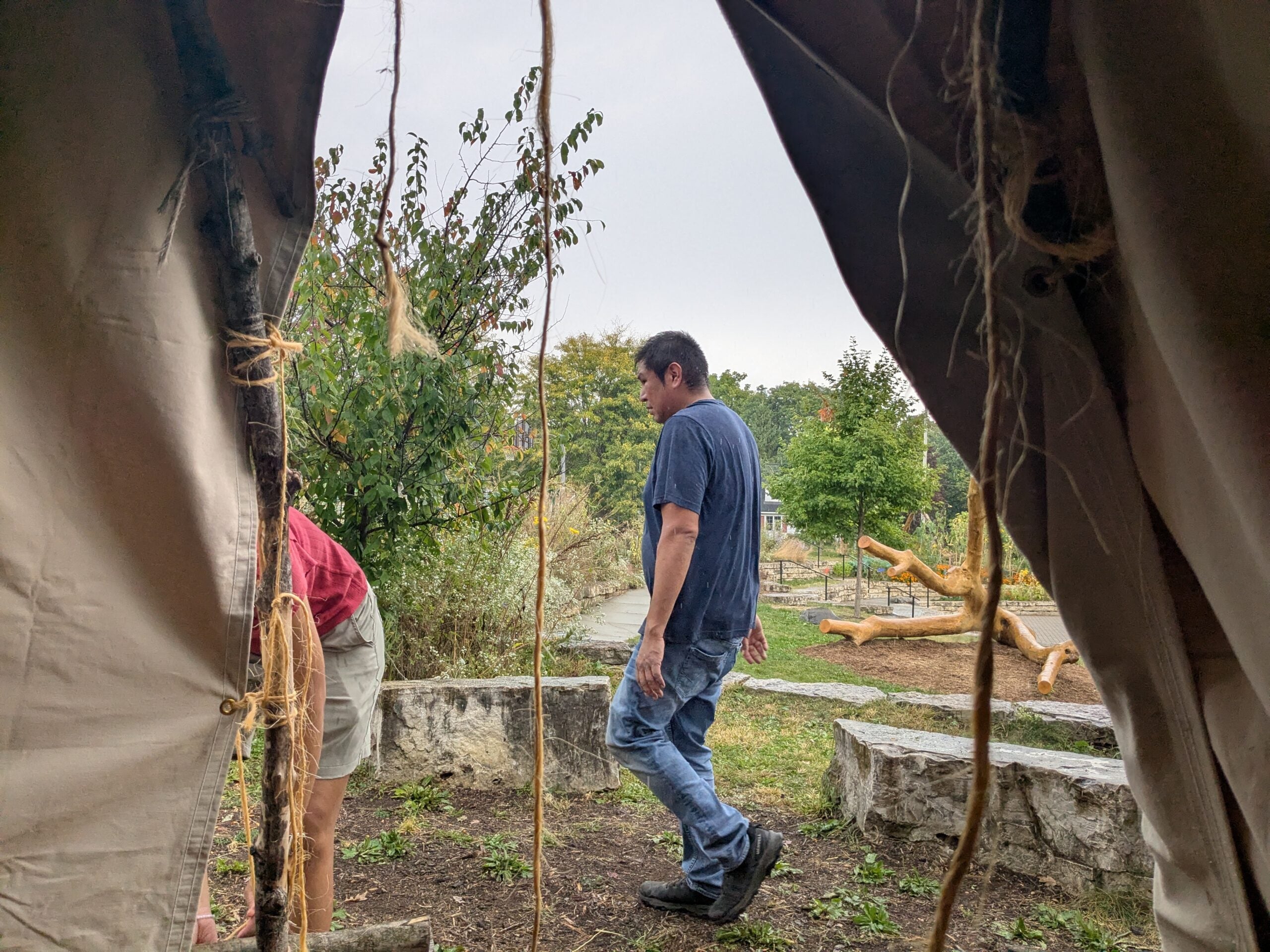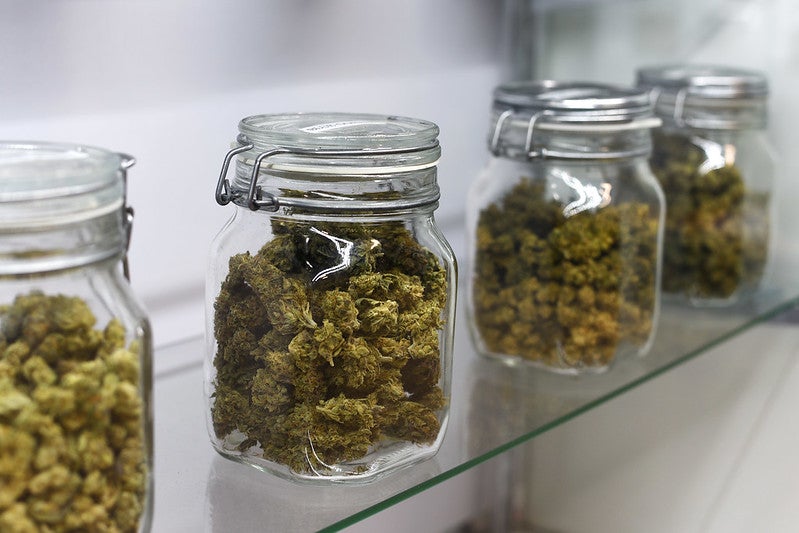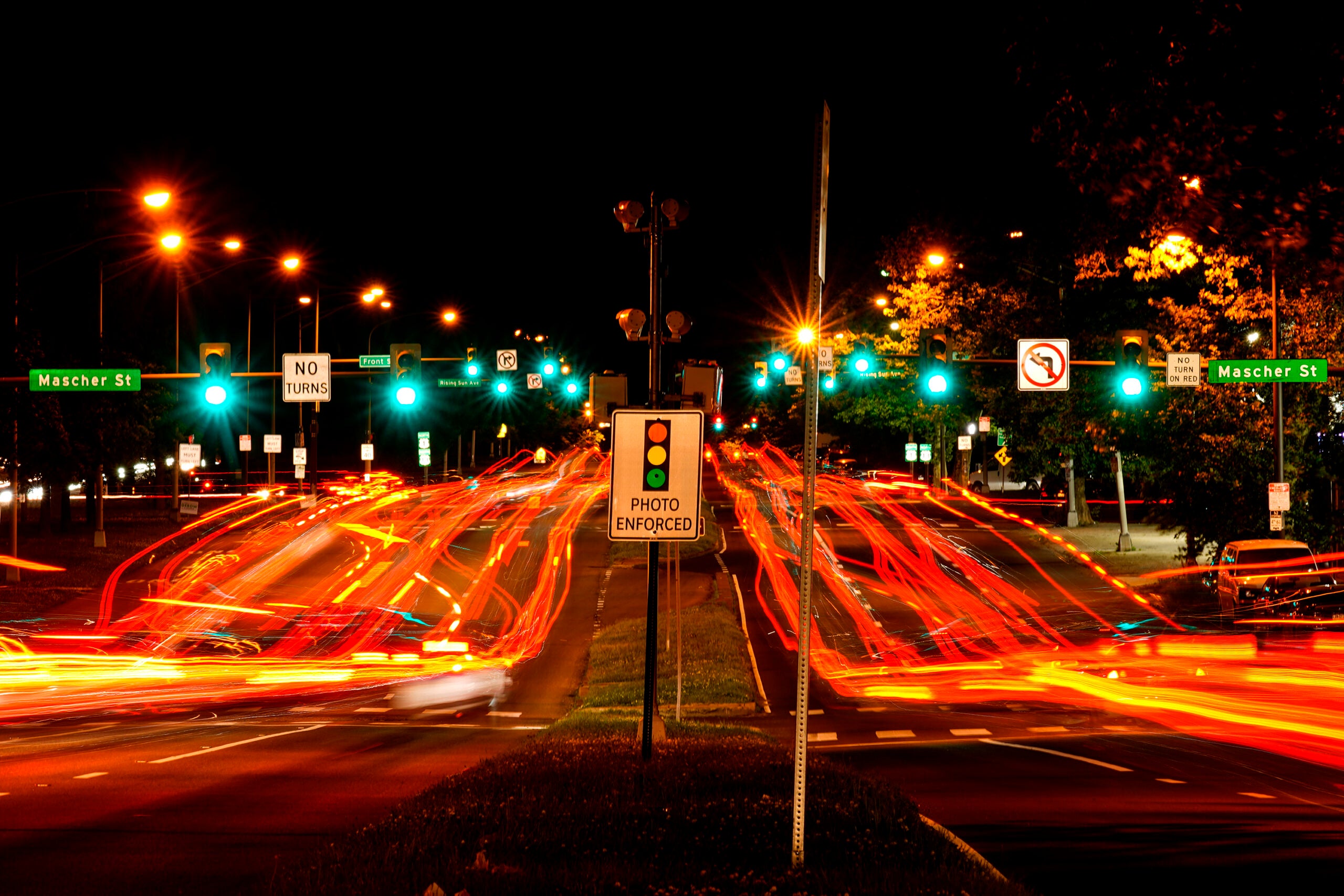The Ho-Chunk Nation will decriminalize cannabis on tribal lands and Ho-Chunk police will not issue citations for possession, according to an announcement released April 30.
While advocates celebrate this as a step toward legalization, tribal law experts advise the drug is still illegal.
“This is a step in the process for them to get to a spot where they are not just decriminalizing, but feel that they can put in a regulatory structure to cultivate, grow, or possess hemp,” said Rob Pero, founder of the nonprofit Indigenous Cannabis Industry Association.
News with a little more humanity
WPR’s “Wisconsin Today” newsletter keeps you connected to the state you love without feeling overwhelmed. No paywall. No agenda. No corporate filter.
Still, legal experts question how quickly any broader change can happen.
“It remains illegal under state law and federal law,” said Scott Idleman, a professor at Marquette University Law School.
An FAQ distributed within the Ho-Chunk nation indicates county or state police could still issue citations, Pero said.
Wisconsin is one of six states that has criminal jurisdiction over Native Americans on reservation land under a law known as Public Law 280. The law applies to all federally recognized tribes in Wisconsin except for the Menominee, which is under the jurisdiction of the federal government.
That could make it difficult to set up businesses that cultivate or sell cannabis for medicinal or recreational purposes, Idleman said.
“They may have a hard time raising capital or getting business partners,” Idleman said.
It could even deter customers who now travel to neighboring states where cannabis is currently legal, he said.
It is a federal offense to transport marijuana from a state where it is legal, like Illinois, Michigan or Minnesota, but prosecutions have not been a priority for the government, Idleman said.
“There’s no stakeout on the border, right?” he said. “It would seem somewhat discriminatory to then go after the tribe or people doing business with the tribe as if it’s some aberration when in fact your citizens are doing this all the time just by leaving the state and then coming back.”
Tribes may have to make a political calculation about how likely other governments are to intervene.
Recent efforts to legalize marijuana for medicinal use stalled in the state Legislature.
In January, Wisconsin Republicans introduced a bill that would have launched a small-scale, state-run medical marijuana program. But the Republican lawmakers were unable to find consensus within their own party on making it legal for medical use.
If the state were to create a regulatory framework for medicinal use, tribes would certainly do the same, Pero said.
“But really, if the state is prepping for it, why wouldn’t the tribes be doing the same thing?” he said.
The federal government is also moving to ease restrictions on the drug. On Tuesday, the U.S. Department of Justice recommended changing the classification of marijuana, which begins a lengthy rule-making process that could eventually ease restrictions on production and research.
Currently, the Drug Enforcement Administration lists marijuana as a schedule I drug, which places it on the same level as drugs like heroin and LSD. The DOJ is recommending moving it to a schedule III classification, which would place it in the same category as ketamine, anabolic steroids and Tylenol with codeine.
While a reclassification would be a major change in federal policy, supporters of full legalization in Wisconsin don’t expect to see any sudden change of heart among Republican state lawmakers who have strongly opposed full legalization and have been unable to find consensus within their own party on making it legal for medical use.
“This is a historic day for Ho-Chunk. We commend their commitment to increasing accessibility to plant medicine,” Pero said. “They are building an environment now, before prohibition ends, that will position them to lead the industry, create sustainable economic opportunity, and improve the health and wellbeing of our people. We are proud and excited for this step.”
“This is a proactive step towards them pursuing opportunities in the industry,” he said.
Wisconsin Public Radio, © Copyright 2025, Board of Regents of the University of Wisconsin System and Wisconsin Educational Communications Board.







